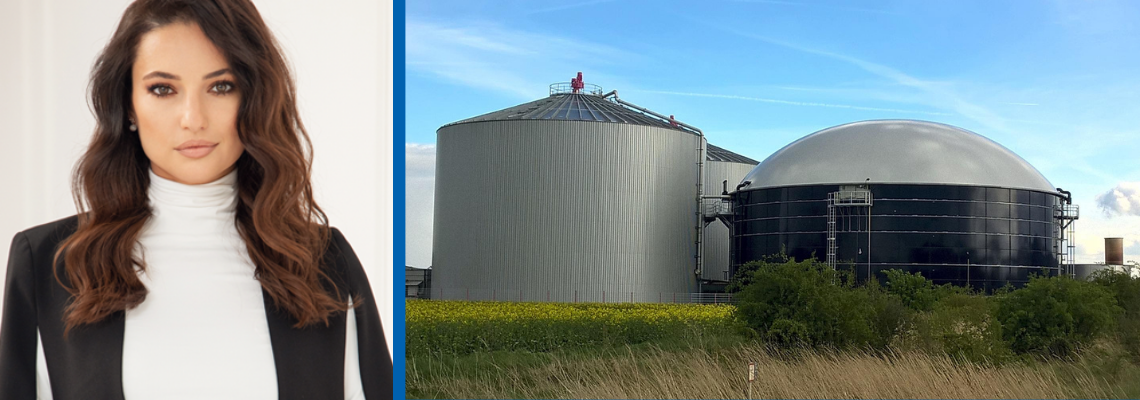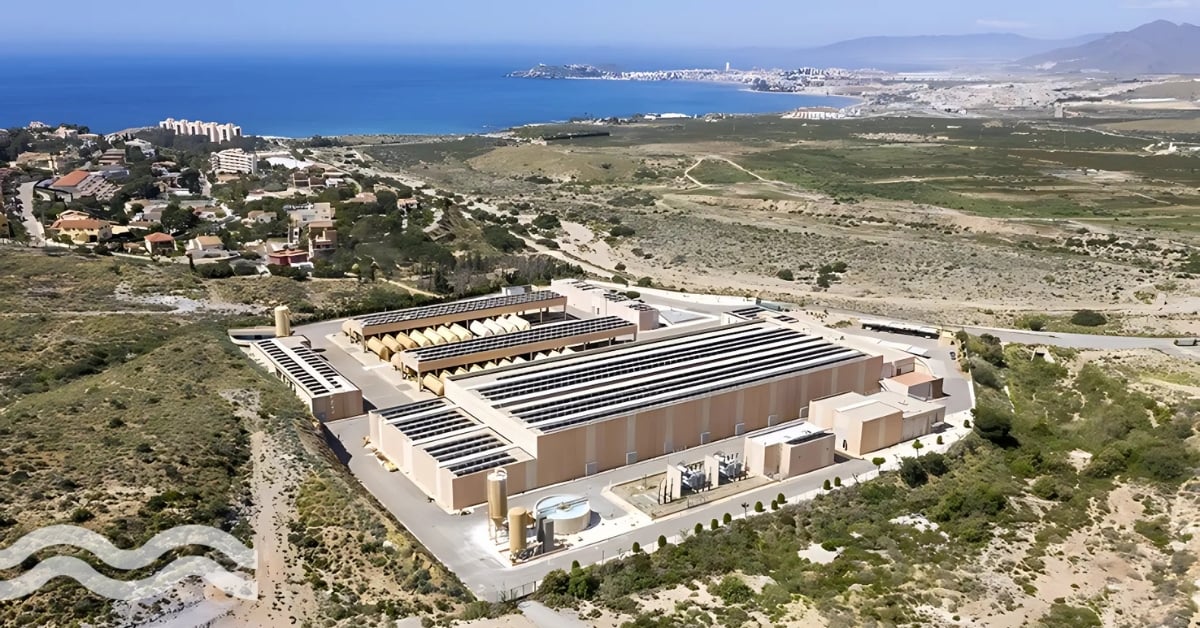Europe breaks biomethane record – a “stepping stone” to decarbonisation

Europe has increased its biomethane capacity by 40 per cent between 2020-2021 and could be the stepping stone needed to help the continent decarbonise, according to new data.
Biomethane: a scalable renewable energy
Europe now has over 1000 biomethane production plants, with the renewable energy being seen as the “stepping- stone” for the decarbonisation of the EU economy.
Although Europe has 40 per cent more biomethane plants compared to 2020, the sector will still need “relevant legislative support in the coming years to harness its full potential”.
Data from the European Biogas Association (EBA) recently revealed that Europe beat its record in 2021 with an “exponential deployment of biomethane plants”.
“There is nothing surprising here considering what biomethane brings to the table for decarbonisation.”
Including biogas, there are now 20,000 units in operation across the continent.
The most significant increase in biomethane plants occurred in France, Italy, and Denmark. No less than 91 new units began operation in France in 2020, and 123 plants started operation between January and October 2021.
After France, the countries which saw the biggest growth in their number of biomethane plants are Italy (+11 plants in 2020) and Denmark (+ 10 plants in 2020)
Boyana Achovski, secretary general of industry body Gas Infrastructure Europe (GIE), said there is “nothing surprising here considering what biomethane brings to the table for decarbonisation”.
She said: “It is the only renewable fuel available and scalable today in Europe which can enable the cost-competitive use of already existing gas infrastructure. The combined amount of biomethane and biogas (raw form of biomethane) available today can already cover the whole gas consumption of Belgium.”
Wastewater to biogas: the continental push
According to the EBA, wastewater could contribute an additional 170 Terawatt-hour (TWh) to biomethane production, with estimates suggesting that municipal wastewater could at least contribute more than 10 per cent.
There is also a high-level continental push on biogas. In May, the European Commission presented a €300 billion plan detailing how the EU can wean itself from Russian fossil fuels “well before 2030”.
“An efficient trade of biomethane across Europe should be established.”
Called REPowerEU, the group of documents emphasised the need to boost the use of renewables, especially the use of biomethane. A target for 35 billion cubic meters of biomethane has been set for 2030.
The EBA estimates that 87 per cent of the biomethane plants active in Europe today are connected to the gas grid.
“To ensure that biomethane will play an increasingly important role as a renewable fuel, an efficient trade of biomethane across Europe should be established,” said Harmen Dekker, director of the EBA.
“Besides, the future development of gas infrastructure should consider the necessary adaptations to enable the injection of higher shares of biomethane in the distribution grids.”
More information on the report and the third edition map of European biomethane capacity can be found here.


.jpg?h=628&iar=0&w=1200)